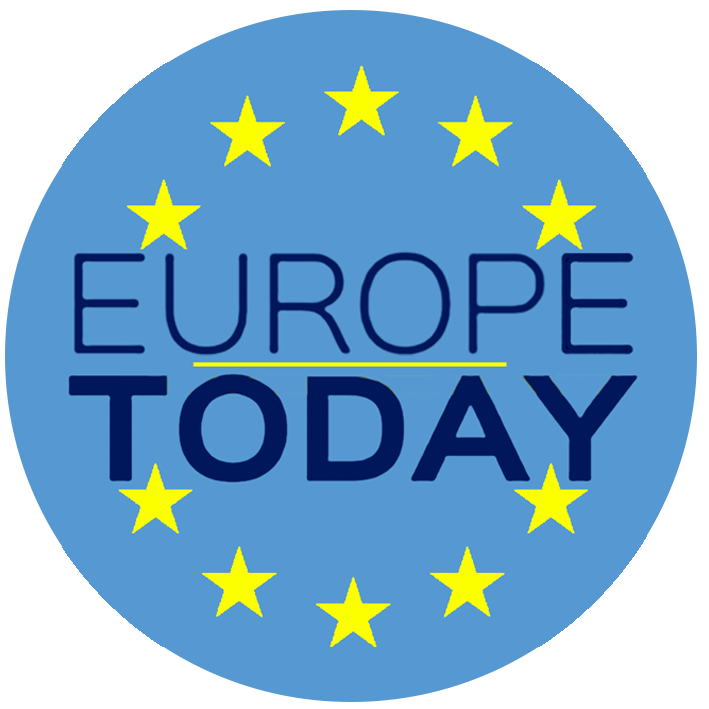By David Zühlke |
Humans tend to love identities. They identify themselves as a parent, a child, a club member or they identify with a nationality. But rarely have humans tried to identify as something (or rather, someone) on a higher, wider level than just one region or one country alone.

In that sense, the term of being “European” can be considered unique; but unique in more than just one way.
The very first and probably most simple answer to the guiding question of this article is perhaps “Uh, someone from Europe, duh”, and such a response is by no means wrong. However, nowadays a complex definition can and should observe different dimensions.
Just as the term “American” is not necessarily describing someone from the American continent, but can in fact also refer to a citizen of the United States of America (at least in the anglophone regions of our planet), “European” is often used in the context of EU citizens. And here lies the path towards the rationale of being a “European” in the 21st century, because the EU is neither a continent nor a traditional nation state. In fact, it is not even a pure economic alliance anymore, but a union of states guided by values. And these values are – without any doubt – of political nature.
The European Way of Life
Many people, even some Europeans themselves, criticise the consideration that different nationalities from all across the European continent could be summarised within one definition, arguing with the huge diversity of culture, languages and history. And they’re not wrong with their motivation; but simply wrong with their conclusion. It is the motto of the European Union, “In varietate concordia” (Engl.: “United in diversity”) that allows us to co-exist, to co-operate with such diverse backgrounds, made possible by 6 pure and simple values that guarantee the European way of life where no one shall be left behind and where everyone may raise their voice, participating freely in our distinct society, without having to fear consequences as long as their actions don’t limit other citizens’ rights and freedoms.
1. Human Dignity
Human dignity is inviolable. It must be respected, protected and constitutes the real basis of fundamental rights.
2. Freedom
Freedom of movement gives citizens the right to move and reside freely within the Union. Individual freedoms such as respect for private life, freedom of thought, religion, assembly, expression and information are protected by the EU Charter of Fundamental Rights.
3. Democracy
The functioning of the EU is founded on representative democracy. Being a European citizen also means enjoying political rights. Every adult EU citizen has the right to stand as a candidate and to vote in elections to the European Parliament. EU citizens have the right to stand as candidate and to vote in their country of residence, or in their country of origin.
4. Equality
Equality is about equal rights for all citizens before the law. The principle of equality among all humans underpins all European policies and is the basis for European integration. It applies in all areas.
5. Rule of Law
The EU is based on the rule of law. Everything the EU does is founded on treaties, voluntarily and democratically agreed by its EU countries. Law and justice are upheld by an independent judiciary. The EU countries gave final jurisdiction to the European Court of Justice which judgements have to be respected by all.
6. Human Rights
Human rights are protected by the EU Charter of Fundamental Rights. These cover the right to be free from discrimination on the basis of sex, racial or ethnic origin, religion or belief, disability, age or sexual orientation, the right to the protection of your personal data, and or the right to get access to justice.

Acknowledging, spreading and always respecting the values of this diverse continent is what defines a “European”.
You are feeling European? Act accordingly.
| David Zühlke


A nice piece, David!!
I am a Brit married for 47 years to my French wife. After 35 years in England we moved back to the village in France where she was born and where most of her family live 13 years ago. I have been a European for as far back as I can remember. We are both bilingual and bicultural. Until recently I was a European citizen but now, against my will, I am a foreigner in a foreign country..I would sincerely appreciate the EU if it could create some directive to give me a European passport. Would this be possible. I would without hesitation renounce my Uk nationality.